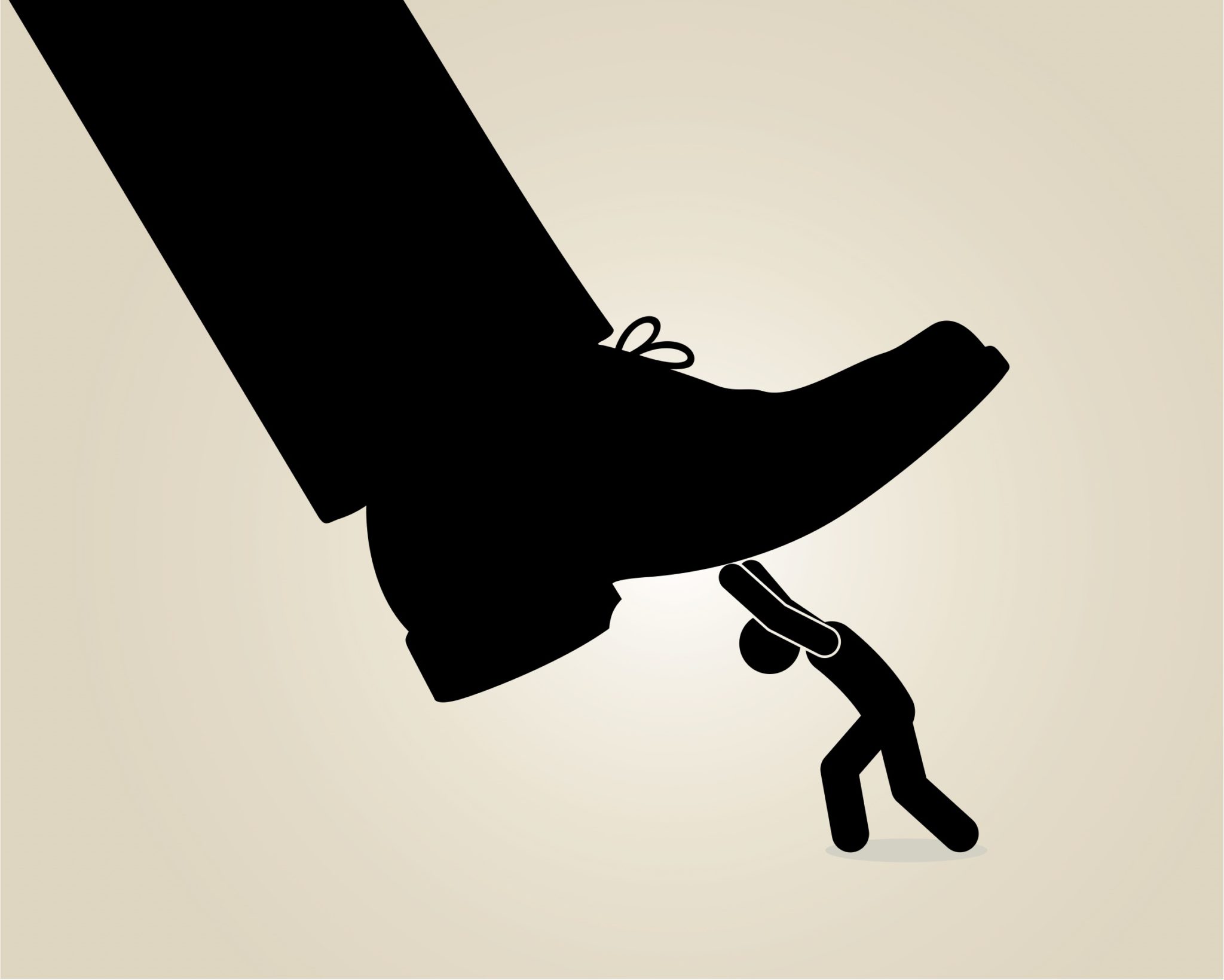I’ve experienced unfair discrimination, what now?

16 Oct 2017
Being the victim of discrimination is never pleasant, but actions can be taken if you believe that you are a victim of unfair discrimination or hate speech. A complaint can be lodged at any of the designated equality courts.
Who can go to the equality court?
The following people can institute proceedings:
- Any person acting in his/her own interests;
- Any person acting on behalf of another person who cannot act in his/her own name;
- Any person acting as a member of, or in the interests of a group or class of persons;
- Any person acting in the interest of the public;
- Any association or organization or body acting in the interests of its members; or
- The South African Human Rights Commission or the Commission on Gender Equality.
The person or people who are victims of unfair discrimination or hate speech do not have to personally go to the equality courts. Furthermore, the South African Human Rights Commission, the Commission on Gender Equality and other bodies are all required to assist people in bringing a complaint to the equality courts and to conduct investigations into cases. Many instances of online hate speech have been brought to the Humans Rights Commission, not by the people being targeted, but by organisations and groups acting in the interest of the public.
What are equality courts?
- Equality courts deal with matters relating to unfair discrimination, hate speech and harassment and are free of charge.
- They are not difficult to find because all High Courts are also equality courts for their area of jurisdiction.
- All magistrates’ courts have also been designated by the Department of Justice and Constitutional Development to serve as equality courts.
- An attorney is not necessary to go to an equality court.
What is unfair discrimination?
Not all discrimination is considered unfair. For example, actions can be taken to advance previously disadvantaged people, which is not considered unfair discrimination.
- If you have been treated differently than other categories of people in a way that your human dignity has been damaged or impaired, then you have experienced unfair discrimination.
- Unfair discrimination is when certain benefits or opportunities are withheld from you.
What happens at the equality court?
The rules and procedures in an equality court are more relaxed than in normal courts. The actual proceedings are held in a room that is arranged as a boardroom. This makes the general atmosphere a lot more comfortable and friendly. Rules of the Magistrates’ Court still applies, but the presiding officer does not enforce them so strictly. This is because the point of the equality court is to make the proceedings and the environment less intimidating for everyone involved.
This article is a general information sheet and should not be used or relied on as legal or other professional advice. No liability can be accepted for any errors or omissions nor for any loss or damage arising from reliance upon any information herein. Please feel free to contact Brian Kahn for further information or specific and detailed advice. Errors and omissions excepted (E&OE)
See also: Warning employers – Liability for hate speech on social media
(This article is provided for informational purposes only and not for the purpose of providing legal advice. For more information on the topic, please contact the author/s or the relevant provider.)
